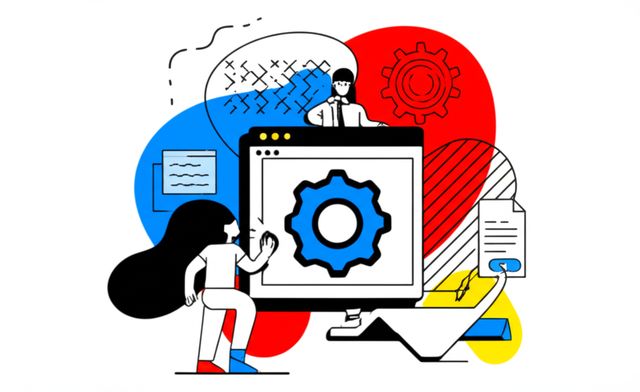OpenAPI
Open API, formerly known as Swagger, is a specification and framework for describing, producing, consuming, and visualizing RESTful web services. It provides a standard way to define the structure and behavior of APIs, enabling developers to create and consume APIs more efficiently and effectively.
Why Learn OpenAPI?
There are several compelling reasons to learn OpenAPI. Firstly, it simplifies API development and consumption by providing a common language for describing APIs. This reduces the need for custom documentation and enables developers to use tools that support the OpenAPI specification. Secondly, OpenAPI enhances collaboration and communication between API providers and consumers. By using a standardized approach, developers can easily understand and integrate with APIs, reducing misunderstandings and errors.
Furthermore, OpenAPI is essential for API testing and validation. It provides a rigorous framework for testing API endpoints, ensuring their reliability and performance. Additionally, OpenAPI can generate documentation and code, saving developers time and effort.
Benefits of Learning OpenAPI
Learning OpenAPI offers numerous tangible benefits. It empowers developers to:
- Create and consume APIs more efficiently and effectively
- Improve collaboration and communication between API providers and consumers
- Enhance API testing and validation
- Generate documentation and code automatically
- Stay up-to-date with the latest API development best practices
Online Course Options
There are numerous online courses available to help you learn OpenAPI. These courses cover a range of topics, from basic concepts to advanced techniques. By enrolling in these courses, you can gain a comprehensive understanding of OpenAPI and its applications.
Online courses offer several benefits for learning OpenAPI. Firstly, they provide a structured and guided approach to learning. Secondly, they offer flexibility and convenience, allowing you to learn at your own pace and on your own schedule. Thirdly, online courses often include interactive exercises and projects, enabling you to apply your knowledge and gain hands-on experience.
Is Online Learning Enough?
While online courses can provide a solid foundation in OpenAPI, it's important to note that they may not be sufficient for a comprehensive understanding of the topic. To fully grasp OpenAPI and its applications, it is recommended to supplement online learning with additional resources such as books, articles, and documentation.
Additionally, hands-on experience is crucial for mastering OpenAPI. Consider working on personal projects or contributing to open-source projects that use OpenAPI. This practical experience will reinforce your understanding and prepare you for real-world applications.
Conclusion
OpenAPI is a valuable tool for API development and consumption. By learning OpenAPI, you can streamline API development, improve collaboration, enhance testing, and stay up-to-date with industry best practices. Online courses are a great starting point for learning OpenAPI, but they should be complemented with additional resources and hands-on experience to gain a comprehensive understanding of the topic.


